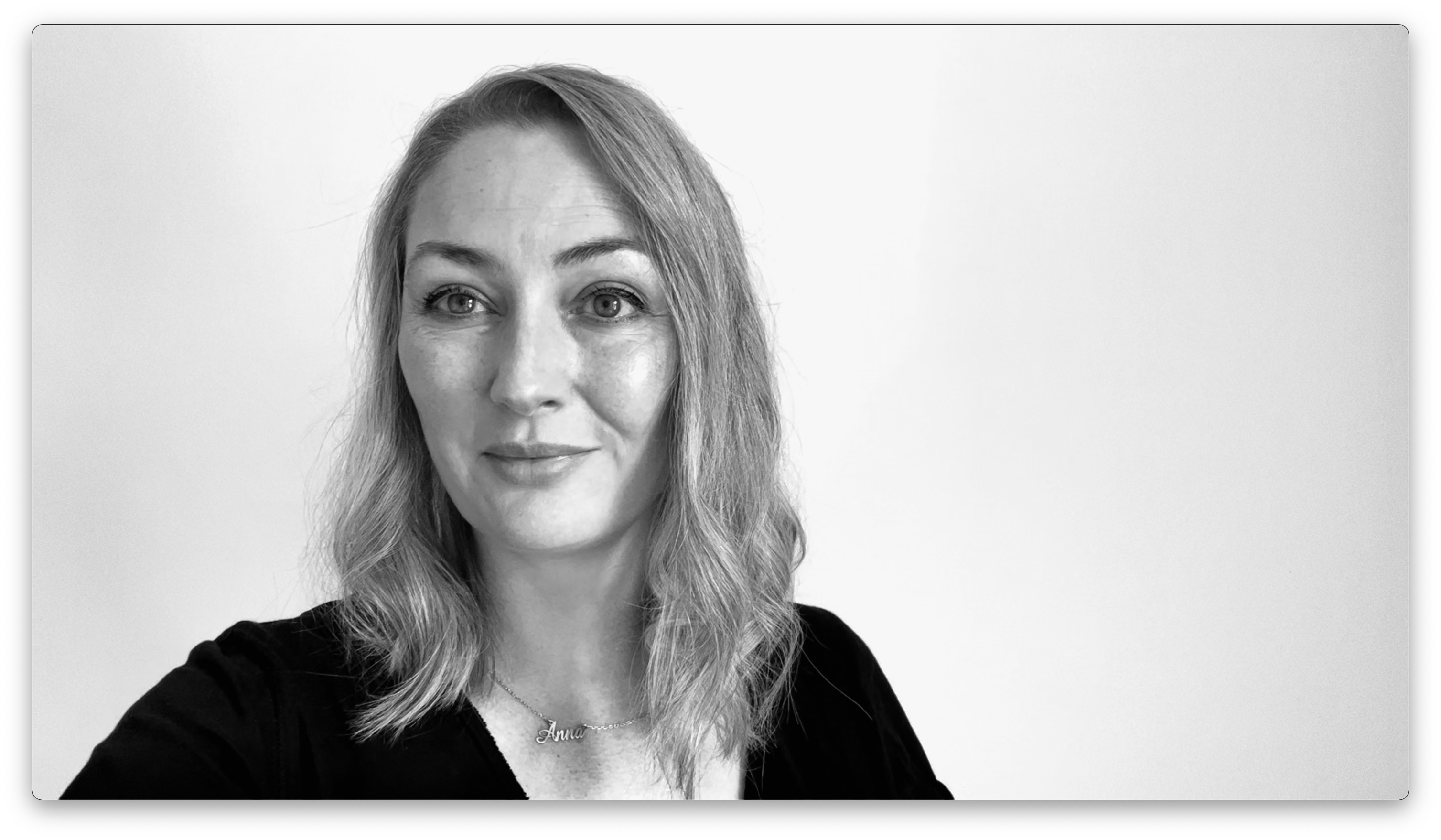Tuesday 16th July
Talk starts at 6pm (doors at 5.30pm) until 7pm
University of Liverpool, Central Teaching Hub, Liverpool, L69 7BX
Lecture Theatre A, CTH
Registration Link: https://artificial-intelligence-and-aliens.eventbrite.co.uk
Title: Artificial Intelligence and Aliens
Speaker: Professor Anna Scaife, University of Manchester
Abstract
What do we expect the echoes of alien civilisations to look like? Why are radio telescopes a promising way to search for them? The radio Universe is a noisy place and separating out interesting signals that may point to extra-terrestrial intelligence is a difficult task. In this talk we’ll explore how modern methods in artificial intelligence (AI) are now being used to search for alien techno-signatures in data from the world’s leading radio observatories.

Biography
Anna Scaife is Professor of Radio Astronomy at the University of Manchester. Her research focuses on the use of artificial intelligence for discovery in data-intensive astrophysics and in 2019 she was appointed as one of the five inaugural AI Fellows of the UK’s Alan Turing Institute. She has previously led a number of projects in technical radio astronomy development and scientific computing as part of the Square Kilometre Array project, including the design of the computing and storage for a European SKA Regional Data Centre. In addition to her scientific work, Anna runs two training programs that provide bursaries for students from Southern Africa and Latin America to pursue graduate degrees in the UK focusing on big data and data intensive science. In 2014, Anna was honoured by the World Economic Forum as one of thirty scientists under the age of 40 selected for their contributions to advancing the frontiers of science, engineering or technology in areas of high societal impact. In 2017 she was awarded the Blaauw Chair in Astrophysics (prize chair) at the University of Groningen in The Netherlands for excellence in research, broad knowledge of astronomy and an outstanding international status in astronomy. In 2019, Anna received the Jackson-Gwilt Medal of the Royal Astronomical Society, awarded for outstanding invention, improvement, or development of astronomical instrumentation or techniques.
